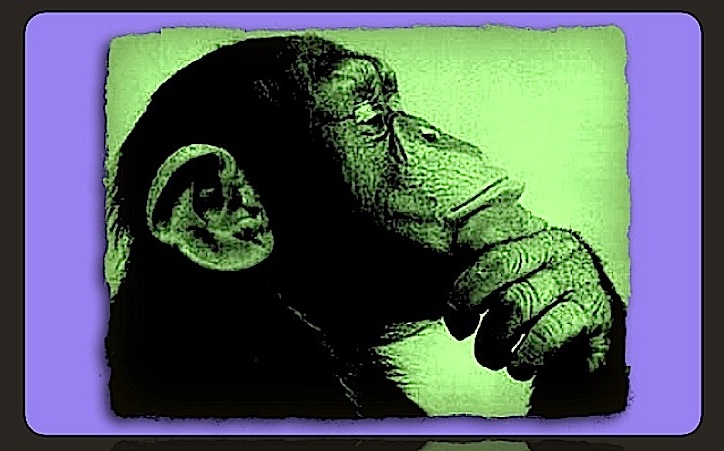Last week we covered a lot of ground in 3 lessons. We read some John Locke; Bk 1, Ch 2. ‘No innate Principles in the Mind’ and saw his three arguments against innate ideas they went something like this:
1. The argument from universal consent (or assent): If any idea were innate in all human minds then surely certain ideas would be universally accepted and agreed on. But they're not.
2. Children and Idiots: It makes no sense to speak of an idea being in our minds without us being aware of it. How can we have 'understandings' that we don't understand. Surely the whole point of an idea is that it is 'had'. (As in, "I've just had an idea!" said Clive.) So, according to Locke, if ideas were innate then children and idiots would have ideas in their minds that they didn't know they had and couldn't understand anyway!!
3 The circular argument: The argument that we only come to knowledge of these 'innate' ideas when we develop our 'reason', is again non-sensical and seems circular' according to Locke. (And Sam.) Because in order to know innate ideas we have to have reason, but the evidence that we have 'reason' is our knowledge of innate ideas.
What is an idea?
You also spent some time working out what an idea actually is - in philosophy one should always try to define one's terms:)
We/you decided there were two kinds of ideas: propositions e.g. the sun will rise tomorrow, and concepts e.g. 'yellow' or 'ugly' or 'friend'.
Experience as a Trigger: We read about Peter Carruthers' theory that suggests ideas can develop in a similar way to physical capacities like sight or speech. And we drew some marvelous diagrams!! Here are Tansy and Abby's
And then we began to tackle the first really tricky bit of philosophical thinking and writing in order to answer the question:
How do Peter Carruthers’ Ideas about pre-linguistic thought help refute Locke’s arguments against the possibility of innate ideas.
Roughly speaking the answer to this is going to suggest that for Caruthers the imagery used in mental rehearsals of action (something that babies can possibly do without language) is a kind of pre-linguistic thought. When we acquire language this triggers the our full understanding of the 'innate idea'.
TheIf we push this a little further and point out that the concept of 'self' , which is bound up with the concept of identity, is difficult to account for empirically (we don't seem to experience the idea of self) and that David Hume (the most important early empiricist) accepted that the concept of self could not be gained from experience, then we begin to construct a rather clever way of suggesting the possibility of an innate idea of the self!! (get it?) :)
TheIf we push this a little further and point out that the concept of 'self' , which is bound up with the concept of identity, is difficult to account for empirically (we don't seem to experience the idea of self) and that David Hume (the most important early empiricist) accepted that the concept of self could not be gained from experience, then we begin to construct a rather clever way of suggesting the possibility of an innate idea of the self!! (get it?) :)
The Homework was to
read the next bit of Locke's Bk 2 Ch 1-7 up to, but not including, Chapter iii Ideas of one sense



No comments:
Post a Comment